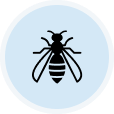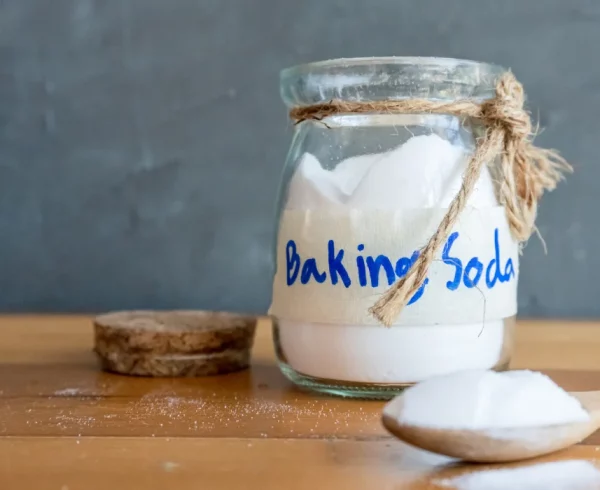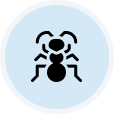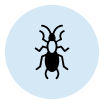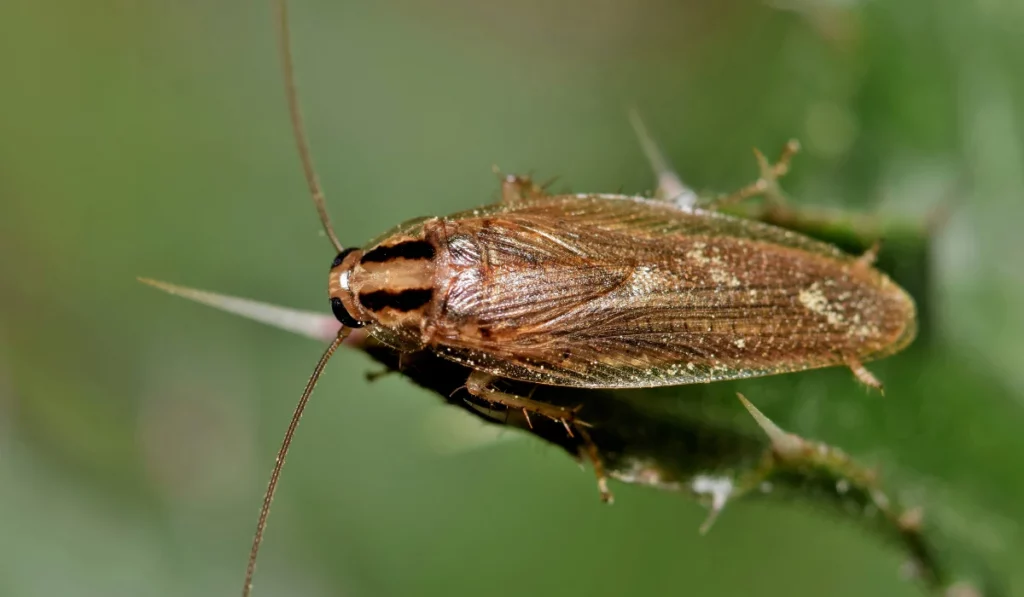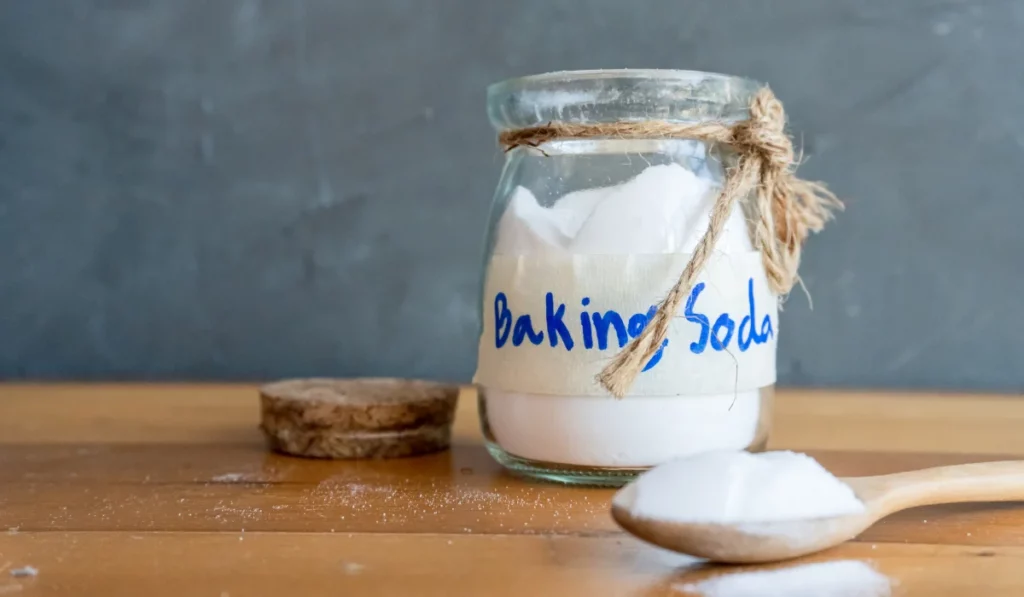
If you’re dealing with an ant problem, you’ve likely come across baking soda as a potential DIY solution. Many homeowners swear by it, but does it actually work? Let’s explore how baking soda might help, its limitations, and alternative methods for ant control.
Key Takeaways
- Baking soda can kill ants by reacting with stomach acid to produce gas that ants cannot expel.
- Baking soda may reduce ant activity but is unlikely to eliminate an entire colony effectively.
- Before contacting a professional, consider alternatives like diatomaceous earth, boric acid, essential oils, and soapy water.
- Persistent infestations require professional pest control to identify ant species and implement safe, effective treatments for complete elimination.
How Baking Soda Kills Ants
Baking soda, or sodium bicarbonate, is a common household item with various uses.
The idea behind using baking soda to kill ants is that it reacts with the acid in an ant’s digestive system. This reaction produces carbon dioxide gas, which the ant cannot expel, potentially causing fatal internal damage.
To use baking soda, you typically mix it with a sweet attractant like powdered sugar to lure ants into consuming it. Here’s a simple recipe:
- Combine equal parts baking soda and powdered sugar.
- Place the mixture near ant trails or entry points.
- Monitor the bait to see if ants are consuming it.
Does It Work?
While baking soda can theoretically kill ants, there are significant limitations:
- Not Always Effective: Not all species of ants are drawn to sugar, so the mixture may go untouched by some ants, like carpenter ants.
- Small Impact: Even if ants consume the baking soda mixture, it may only affect individual ants rather than the entire colony.
For this reason, baking soda may reduce ant activity temporarily but is unlikely to eliminate an infestation.
Other DIY Ant Treatments
If baking soda doesn’t work, there are other home remedies to try to get rid of ants:
1. Diatomaceous Earth
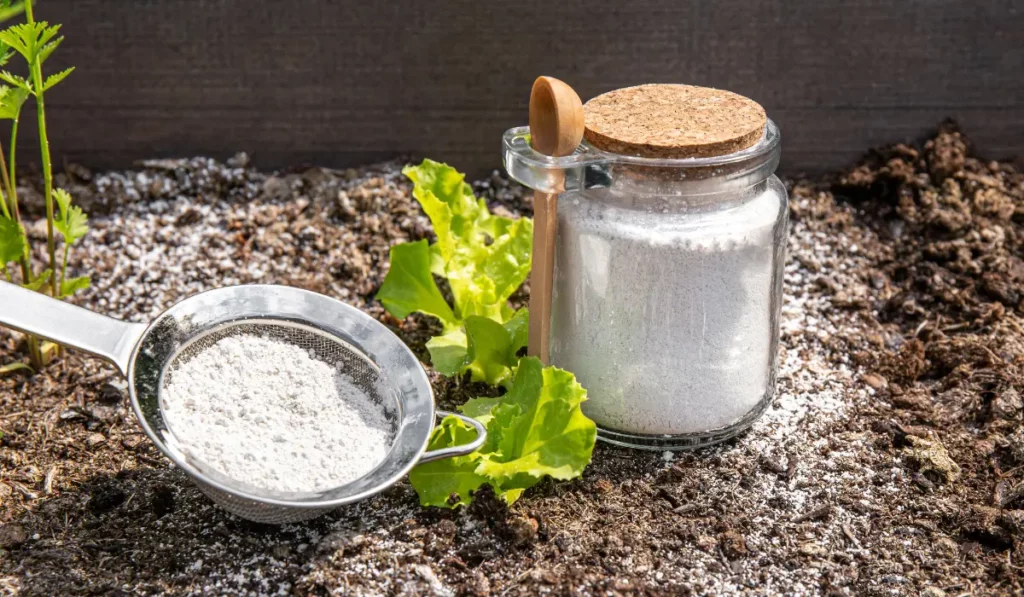
This natural powder damages the exoskeletons of ants, causing dehydration and death. Be sure to use food-grade diatomaceous earth and sprinkle it near entry points and ant trails.
2. Boric Acid and Sugar Ant Bait
Boric acid (or borax) is another popular option. When mixed with sugar or peanut butter, this homemade ant killer acts as a slow-acting poison that ants carry back to the colony. Use with caution, as boric acid can be harmful to pets and children.
3. Essential Oils

Oils like tea tree and peppermint oils can act as ant repellents. Mix a few drops with water and spray the solution near windowsills, doors, and other entry points.
4. Soapy Water
Dish soap mixed with water can be sprayed directly on ants to suffocate them. This solution also helps remove scent trails, preventing more ants from following.
5. Ant Traps
Ant traps are a great way to target the entire colony. You can purchase pre-made traps from the store. The bait inside lures worker ants, who carry it back to the colony and share it with others, including the queen.
How to Prevent Ant Infestations
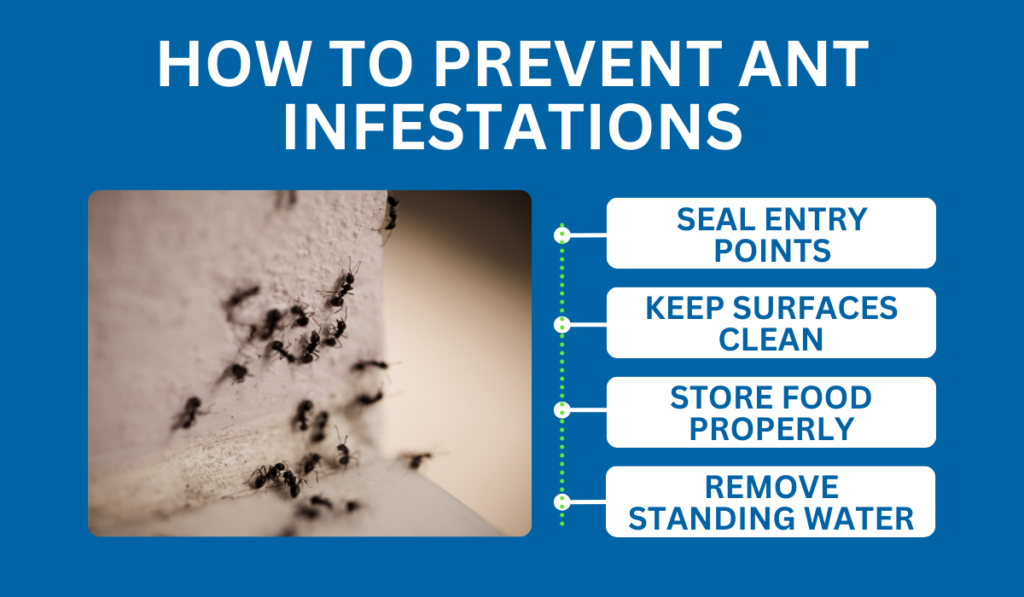
To avoid future ant problems, follow these prevention tips:
- Seal Entry Points: Use caulk to seal cracks around windows and doors.
- Keep Surfaces Clean: Wipe down counters and floors to eliminate food sources.
- Store Food Properly: Use airtight containers for pantry items.
- Remove Standing Water: Fix leaky pipe, and don’t leave water standing in sinks or pet dishes.
Is It Time to Call Professional Pest Control?
If DIY or natural remedies don’t resolve your ant infestation, it’s time to call a pest control professional. Exterminators can identify the species of ants invading your home and implement a targeted solution.
At Simple Pest Management, we specialize in eliminating ants, including carpenter ants and fire ants. Our approach involves identifying entry points, sealing them, and applying safe, effective treatments to eliminate the ant colony.
For more pest control tips, explore our blog or contact us today!


